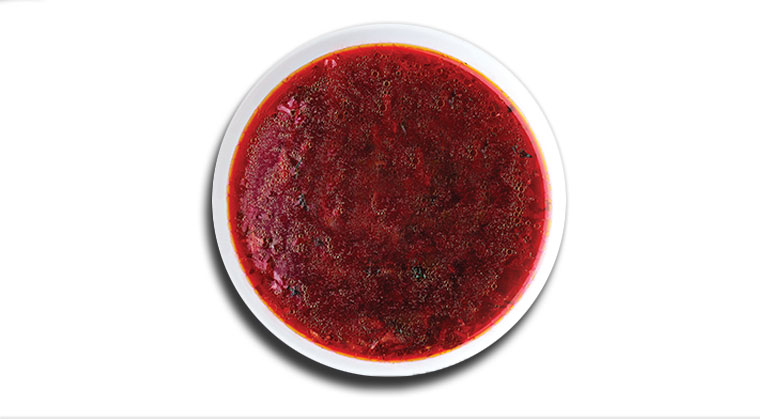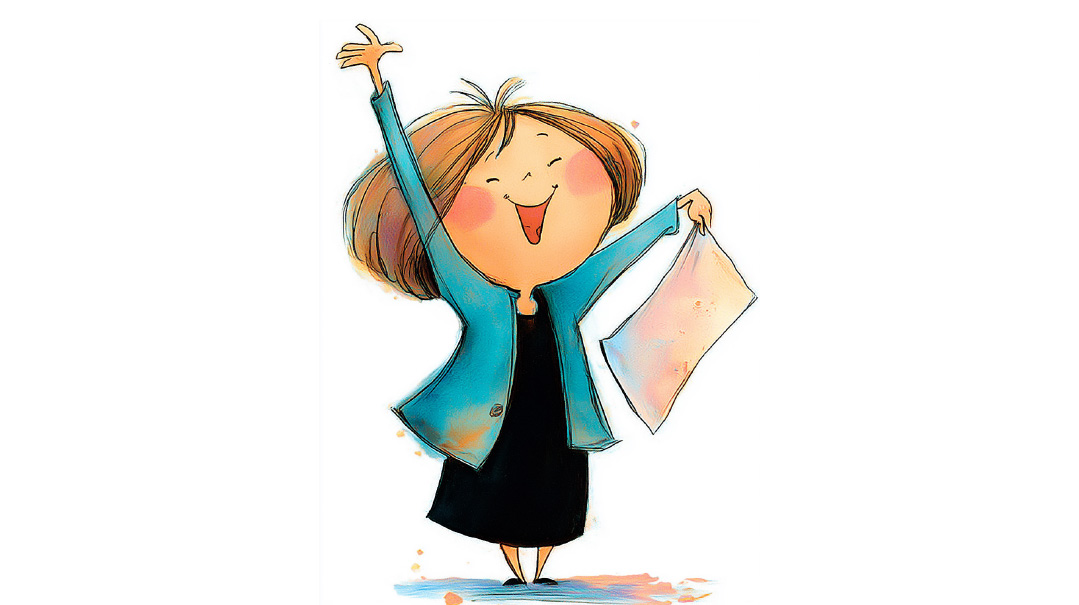Mamma Loshen


CHERISHED It has taken me many years to fully digest that Yiddish phrase. No matter how old you are no matter how many children you have or don’t have or never had — you always remain that demanding deserving unique and cherished child of your mother
I was a poor eater. After finally being weaned at the age of two I was not interested in ingesting any non-white substance that didn’t flow smoothly down my little esophagus. By the time my third birthday arrived my once cherubic cheeks had disappeared along with my desire for food.
When my eternally patient mother began to lose it Bubby would race to the rescue whisking me out of our second-floor apartment on Independence Boulevard in Chicago’s old West Side to the narrow creaky wooden porch overlooking the alley. Armed with apron bib and an array of homemade delicacies she was determined to feed me.
Food was serious business for Bubby who had earned her living as a cook ever since she left Minsk and stepped off the boat in Baltimore in 1895. A few years later she found a better job — and a husband also from Minsk — in Chicago. Bubby and Zeidy were blessed with three children and when Zeidy passed away Bubby lived with us.
My mother loved to describe how Bubby used to valiantly attempt to direct my attention away from the menacing spoonful of meat borscht by cheerfully pointing out the mundane inhabitants of the alley. “Kook meydeleh kook — a kleyneh veizeh ketzeleh! Look my little girl look — a little white pussycat!” she’d exclaim as if she had just discovered America.
When the cat dog and bird tricks wore off she would eagerly teach me pithy Yiddish proverbs about the value of true beauty and wisdom. Of course I was far too young to understand her lessons. Yet she spoke with such fervor and conviction that I was mesmerized by the sound of her voice:
“Kook af di meydl nit af di kleydl — Look at the girl not at her dress.”
“Sheynkeit fargeyt chochmeh bashteyt — Beauty fades wisdom stays.”
“A kluger veyst vos er zogt; a nar zogt vos er veyst — A clever person knows what he says; a fool says what he knows.”
When the proverbs didn’t succeed in whetting my appetite Bubby would sing a medley of Yiddish lullabies and folksongs from her vast repertoire. “Rozhinkes mit Mandlen (Raisins with Almonds)” is still my favorite as my own grandchildren can attest.
I must have been about six years old when I arrived home a little early one day from school and found my mother sitting at the kitchen table in the midst of a heated telephone conversation. There was a plateful of some food that Bubby had prepared in the center of the table which I assumed was for me.
“Ugh! I won’t eat it I won’t I won’t!” I protested confrontationally to my mother annoyed that she was on the phone with somebody else and was not there entirely for me alone.
“Ich bin eych a mamma’s kind!” she retorted unabashedly annoyed at my insolence.
At first I wasn’t sure what she meant. My Yiddish vocabulary was limited to what I had learned from Bubby on the porch at mealtimes. My parents conversed in English because my father who had arrived from Lithuania via Siberia after the war was intent on mastering this new illogical “meshugena” language. Only when they wanted to make sure the children wouldn’t understand did they speak in Yiddish.
The words my mother had just spoken were simple words and their literal meaning was clear: “I am also a mother’s child.”
Oops! We could not locate your form.







